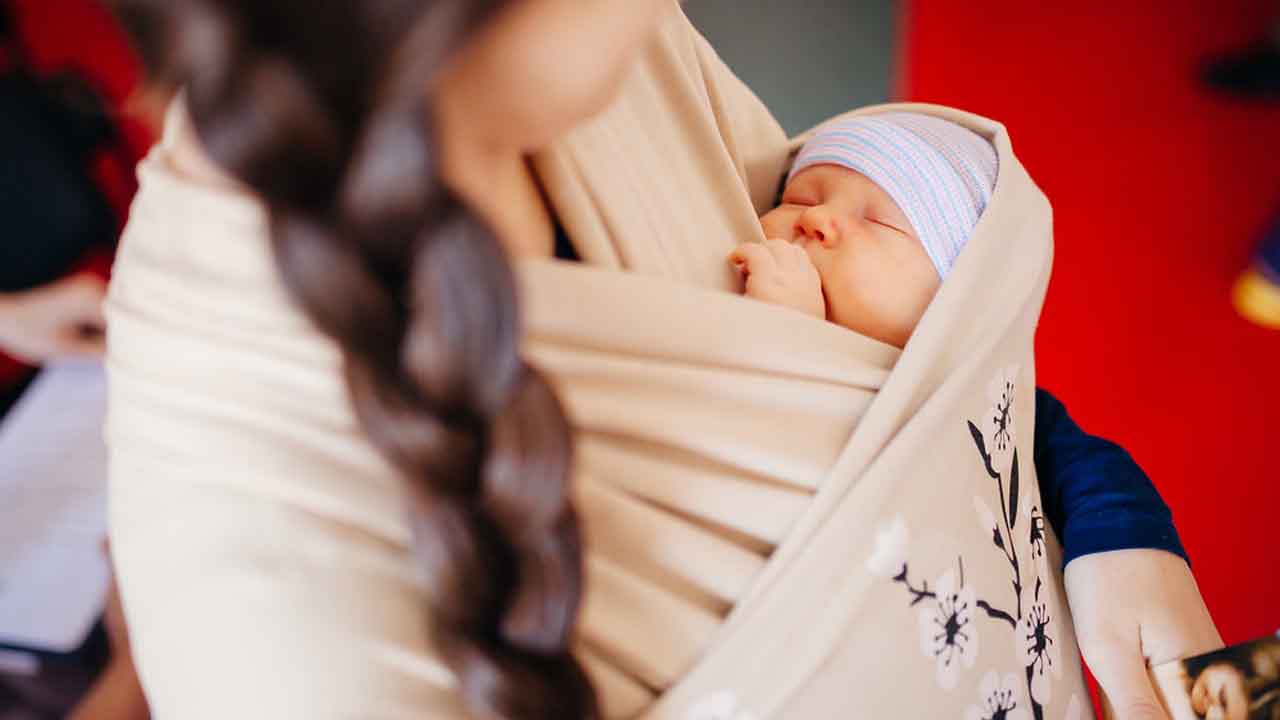A new report by WHO and UNICEF reveals that more than half of parents of infants and pregnant women are exposed to aggressive advertising of formula milk. Manufacturers of these products do not shy away from any methods to protect their industry worth $55 billion. Their actions pose a serious threat to the safe nutrition of children and violate the international obligations of countries.
The report, How marketing of formula milk influences our decisions on infant feeding, is based on interviews with parents, pregnant women and healthcare professionals in eight countries. It details the systematic, unethical advertising strategies used by formula milk manufacturers.
“This report shows very clearly that formula milk marketing remains unacceptably pervasive, misleading and aggressive,” said WHO Director-General Tedros Adhanom Ghebreyesus, calling for regulations on exploitative marketing to be “urgently adopted and enforced to protect children’s health.”
The report found out that formula advertisers resort to organising consultations for expectant mothers, using helplines, organising various promotions and giving away free samples to try. Pregnant mothers and healthcare workers are constantly receiving scientifically unfounded articles, which is a serious violation of the International Code of Marketing of Breastmilk Substitutes.
In many countries, the baby food industry is lining its pockets with allies of the health workers, who have the most influence on new mothers’ decisions. Businessmen bring free samples to doctors, fund their research, pay them travel to meetings and conferences, and even pay them sales commissions.
The study interviewed more than 8,000 young parents and pregnant women, as well as 300 healthcare professionals in Bangladesh, China, Mexico, Morocco, Nigeria, South Africa, the UK and Vietnam. The study found out that more than 90 percent of pregnant women in the UK, Vietnam and China reported increasing their likelihood of choosing formula feeding.
“False and misleading messages about formula feeding are a substantial barrier to breastfeeding, which we know is best for babies and mothers,” said UNICEF Executive Director Catherine Russell.
Across all countries surveyed, women expressed a strong desire to breastfeed exclusively that ranged from 49 per cent in Morocco to 98 per cent in Bangladesh.
The WHO and UNICEF report details how a sustained flow of misleading marketing messages is reinforcing myths about breastfeeding and breast-milk, and undermining women’s confidence in their ability to breastfeed successfully.


























